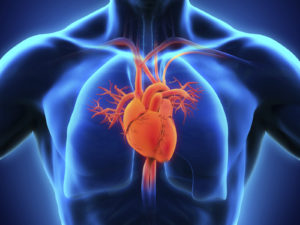How schools can prepare for sudden cardiac arrest
Sudden cardiac arrest is when the heart suddenly stops beating. It can cause death within minutes. Certain conditions can lead to sudden cardiac arrest, but not all the causes are known.When a person’s heart stops beating, quick action can mean the difference between life or death. CPR and AEDs save lives.
 A recent story from MedicalXpress.com highlighted how schools can be ready in the event of a sudden cardiac arrest situation.
A recent story from MedicalXpress.com highlighted how schools can be ready in the event of a sudden cardiac arrest situation.
Below is an excerpt from MedicalXpress.com story.
According to the American Heart Association, about 9 in 10 people who get a shock from an AED within the first minute of cardiac arrest live. For every minute that passes in cardiac arrest, the chance of survival goes down by 10%.
The American Academy of Pediatrics advises all schools to place AEDs both inside and outside on school grounds as part of a cardiac emergency response plan. It should take no more than two minutes to get an AED and return to the victim.
At least 20 states plus the District of Columbia require AEDs to be in all public schools. In California, schools that offer sports must supply AEDs too.
Even if your state doesn’t mandate AEDs, you can still be an advocate for getting them at your school. Having AEDs available may just save someone’s life.
Although using an AED may seem intimidating, it will tell you if a shock is needed or not. You can even take a hospital or community CPR class to learn more about how to do CPR and how to use an AED.
Some young people may not have symptoms of heart problems until the sudden cardiac arrest occurs.
Others may experience heart-related symptoms before sudden cardiac arrest, such as:
- Chest pain
- Lightheadedness
- Dizziness
- Shortness of breath
- Feeling that your heart is racing
- Fainting, especially during exercise
